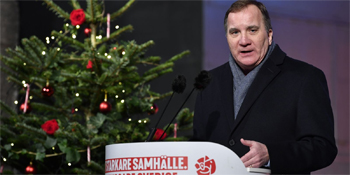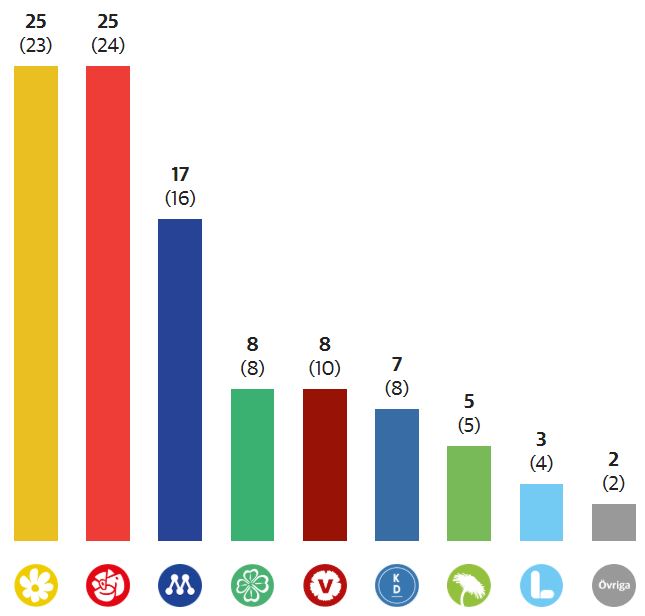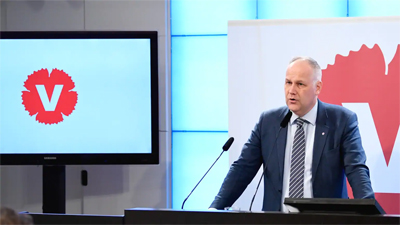
image source: viator.com viator.com https://tinyurl.com/yc6vcwum
Edited to add – I was wrong. The government today announced it is going along with the Sweden Democrats and reducing the amount of biofuel that is mixed in with regular fuel. This is just the beginning – there are still questions. The question of what happens if/when Sweden doesn’t meet its climate goals, how this announcement is met by the general population, and where Sweden might have to try and make up for increasing CO2 elsewhere, remains to be seen.
The Sweden Democrats threatened the government with pulling their support and causing a governing crisis twice this week. There’s nowhere else they can go on these particular subjects, so the response has been a collective ho hum. But the fossil fuel reduction obligation and immigration are two issues that are not going to go away.
The price at the pump
The Sweden Democrats garnered a lot of votes with their promise to cut gas prices. A large part of the cut was to come from drastically reducing the percentage of biofuel mixed in with regular fossil fuel.
In 2018, Sweden passed legislation to successively reduce the percentage of fossil fuel at the pump – hence the name “reduction obligation” (reduktionsplikten) – in favor of a larger percentage of biofuel. However, biofuel is almost entirely imported (di.se) and expensive to make, which raises the pump price.
Define “minimum”
The Sweden Democrats want to lower the amount of biofuel to the lowest level possible under EU rules and by that, decrease the cost of gas. The EU hasn’t set a fixed percentage, but instead has a general carbon emissions goal in the transport sector that nations can reach the way they want. Therefore, the Sweden Democrats think the required percentage might be zero.
No one else is going along with zero. Finding other ways to cut carbon emissions to meet EU rules and avoid paying a fine is a huge headache that might lose voters. That SD loses some votes isn’t keeping anyone other than SD up at night.
immigration shwimmigration
Reducing immigration, however, is more than a one-off election promise for SD. It’s their reason for existence. After three years of negotiations, the European Parliament passed a proposal this week on how the EU will manage asylum and immigration. One passage has every single hair on SD’s head standing straight up. The proposal allows the EU to require member states to take in a certain number of third country nationals should a crisis arise.
SD’s Mattias Karlsson demanded that the government stop the EU agreement. Otherwise, he tweeted, it would be “hard to see how their cooperation with the government could continue.“
As it is quite a long road between a parliament decision to EU law, the government doesn’t seem to be sweating the threat. The negotiations between the parliament and the council of ministers over a final wording are likely to take time. It’s not until next year a binding vote might be taken. By that time, Sweden’s presidency will be long over, and with it its responsibility for shepherding the law through the system.













